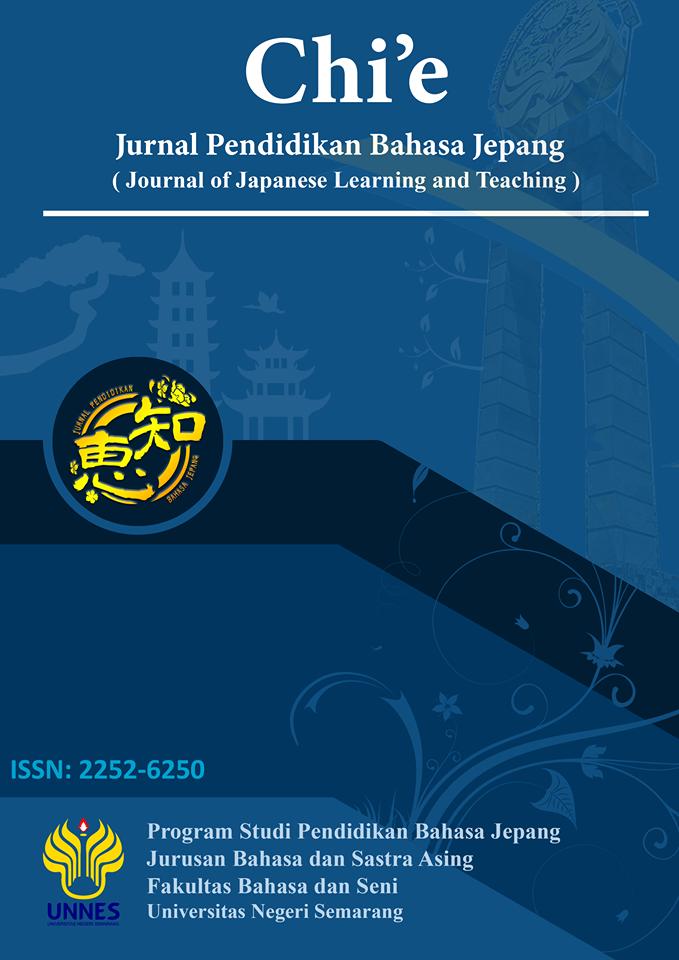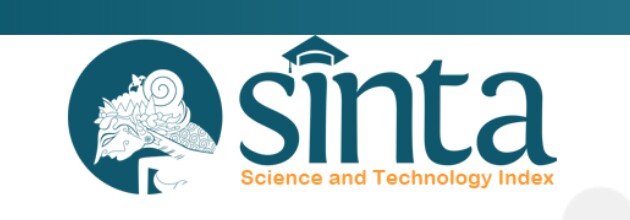FAKTOR PENYEBAB PERBEDAAN HASIL BELAJAR SISWA YANG BERASAL DARI JAWA DAN LUAR JAWA DI SMK BAGIMU NEGERIKU SEMARANG
Abstract
Learning Outcomes is the implementation of learning which results in an assessment that refers to the same thing. The differences in learning outcomes for each student due to several factors, among others, are the internal factors and external factors. Based on preliminary studies researchers found that in vocational Bagimu Negeriku Semarang there are differences between students' learning outcomes Java and outside Java students. Through a preliminary study of the possible factors that influence the differences in learning outcomes of students who come from the island of Java and the students who come from outside the island of Java in vocational Bagimu Negeriku Semarang. This study aims to determine what factors lead to differences in students' learning outcomes Japanese island of Java and outside Java island students. The design research used is quantitative and qualitative research designs. Population and sample in this research are students in XI class of Vocational High School Bagimu Negeriku Semarang as many as 125 students and 50 students. Data collection using the questionnaire. The data analysis using descriptive analysis percentage. The research showed that based on the results of the questionnaire, the external factors that affect learning, namely: a. Attention parents Java (96%) in favor and remind learn more than students outside of Java (49%), b. Teachers and school circumstances are students of Java island (76.3%) and Shiva outer islands (64%). c. Residence. Students Java (75%) and students outside Java (84%) feel uncomfortable to learn in a dormitory. While internal factors that affect learning outcomes, namely: a. Interest in learning Japanese on Java island students (80.3%) higher compared with students outside of Java (57.3% ) b. The difficulty students learning Japanese language students Java (52.3%) lower than with students outside Java (71.7%), c. How to learn Japanese as student residence Java (68%) greater than the outer islands of students (61.2%), d. Readiness in student learning Java ( 80.5%) lower than with students outside of Java (83%).















